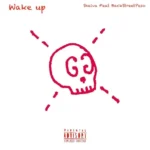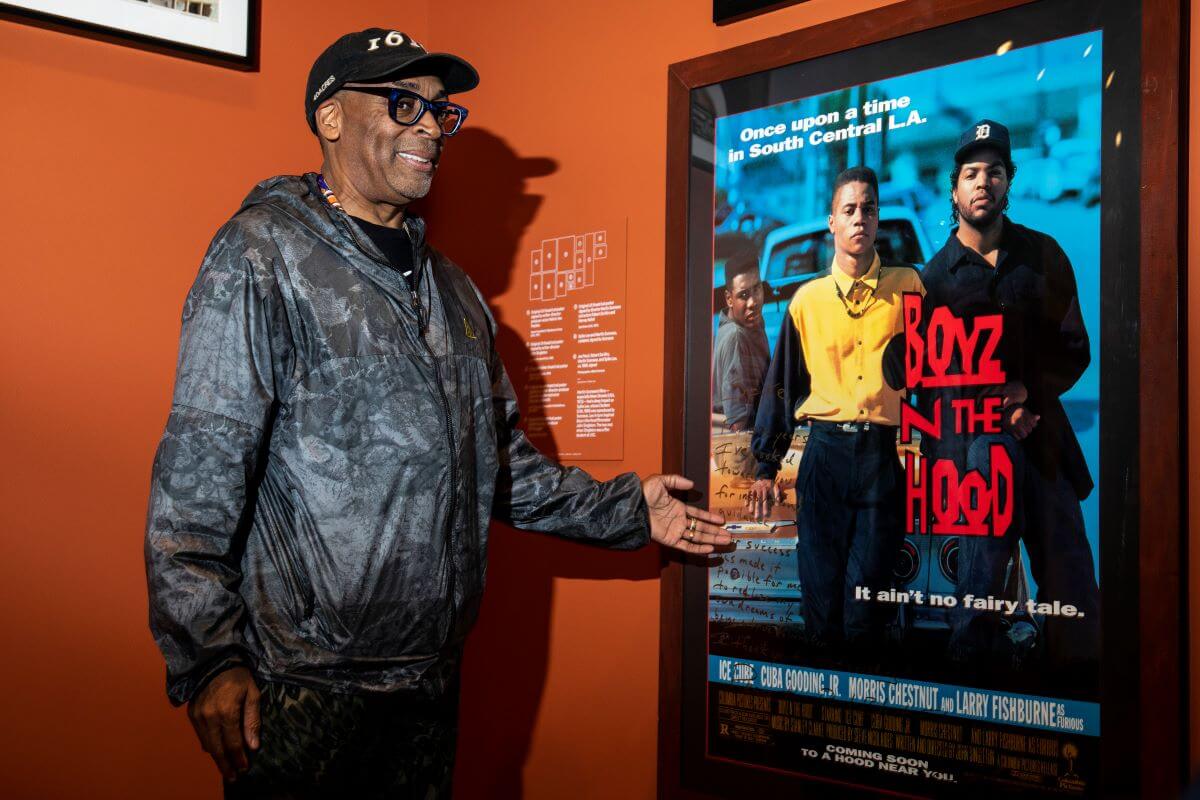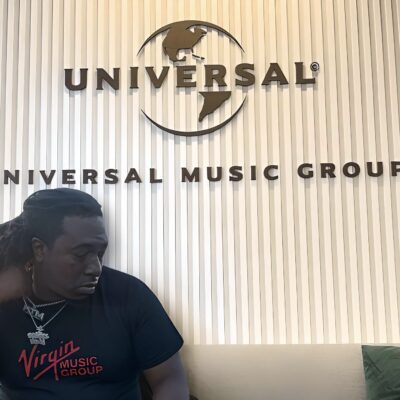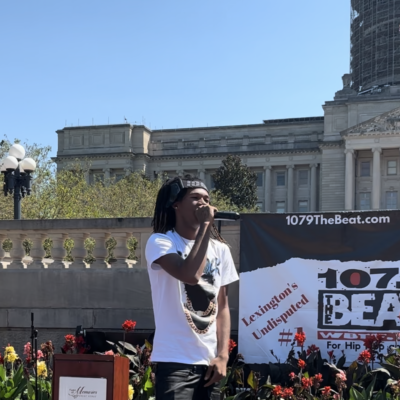We met Abdalla Ag Al-Houseini at the base of Asekrem, one of the dominant plateaus of the Hoggar region, three hours’ drive from Thammaraset.he said the following The future, present, and past of Tinariwen. Forty years earlier, the guitarist and composer, born in 1968 in northern Mali, moved to a major city in Algeria’s Sahara Desert, where he met Ibrahim al-Habib and Alhassan al-Tuhami. They had just founded an original group called Intayaden. Ishmael movement. Unemployed Tuareg youths who left the desert to live in cities and were looking for other ways to resist without resorting to armed struggle. Abdallah soon joined the group and later became one of the main spokespersons, devoting his energies to spreading Tinariwen’s musical message. Tuareg people around the world. They imposed a desert blues sound that became their signature. Twenty years after he emerged as ambassadors of Tamashek (Tuareg) culture and gained worldwide fame, Tinariwen has released a new album that creates a connection with another side of the United States: country music. It’s all about it. It is also an opportunity for Abdallah to explain this intimate connection and evoke the group’s past and future.
What role does Tamanrasset play in the lives of the group as well as the Tuareg community?
The city has played an important role in the group’s history, musicians like Eyadu were born there and others like me arrived in 1983 to start a family. It is where Humar’s style was born and formalized, where I first saw Ibrahim and Hassan and where I started playing. And, more generally, Tamanrasset is, in a sense, the capital of Tulareg, given its geographical situation and the geopolitical evolution of the Sahara Desert. It was a rallying point for Tuareg people scattered thousands of kilometers from Algeria, Hogar, Mali and Niger.
It’s also where the great singer Buddy Lara lives in Thagart, an area where many Tuareg people fled the great drought of the early 1970s… What does tradition mean to Tinaliwen?
It’s a source we often draw inspiration from. In 2014 I invited her to the stage of the Boeuf du Nord in Paris. Our music is a young man’s vision of this tradition. How to recreate it. Although the songs I propose reflect Tamashek’s ideals very strongly, I am very much interested in traditional poetry.
Tinariwen inspired many groups to follow in her footsteps. How do you see the group’s evolution over the last 40 years?
It hasn’t evolved that far. And those who continue are a bit like us. I have to say that it is difficult to make a living here on music. There are no music schools, no concert halls, no music stores. Evolving a style under many constraints is not easy. We are missing a lot. As a result, there were no major changes in the structure of the music.
It was mainly during our tours in Europe and America that we got ideas for new directions. For example, on this new album that invites country music to his musicians…
Even if the number of instruments increases and the sound evolves, the structure and spirit remain the same. Of all music, country is the closest to our psyche. It really moved me, but our music has no historical relevance. This is music that speaks to the soul as much as our music does, but as is often the case, it’s not easy to explain why…
Tinariwen is often compared to African-American music, the blues, rather than to Caucasian music, country music.
Listening to Tinariwen sounds closer to the blues, but that doesn’t stop me from being more moved by country music. And this was long before we went to America. I listened to a lot of cassettes, sometimes without even knowing their names. Tracy Chapman, Johnny Cash, Eric Clapton – even if he’s more rock.
Going to America allowed me to delve deeper into this music…
In America, like Nashville, I played concerts with local musicians and tried to meet them. It’s never easy to meet them as we only pass through the city. Arrive on the day of the concert and depart in the evening or the next morning. Like the song “Emmar,” we were in Los Angeles for a long time and met some Americans, so we’ll need more time. Joshua tree. (famous recording studio in california Editor’s note).
I heard that your new album was to be recorded here in Tamanrasset with musicians from the US…
Yes, except that Covid-19 and travel restrictions prevented Americans from coming. For the last few years we have been unable to do anything here. Recording engineers cannot come to northern Mali or Niger. So the last album had to be recorded in Morocco and the latest one with Janet. This choice gives you more security and more flexibility. It was the only place where four Westerners could be recorded in the mountains for several weeks without the obligation of a police officer to accompany them.
You used material from another Tuareg group, Imarhan, from Tamanrasset…
Yes, we had the opportunity to work with the same sound engineer Jaja for 25 years, but he is no longer able to come whenever we want in the desert. From here he was able to pass on his knowledge to young sound engineers. Training sound engineers in the desert would be a plus to capture our music in its truest dimension. And being able to work with someone from home changes everything. He can tune our sound, which comes naturally to him. It makes things more flexible. Ishmar can see for himself which sounds suit each song. He has worked with us for many years, so Jaja knows all this, but only he knows it. If for some reason he quits his job tomorrow, it will be impossible for him to find a replacement. Jaja spent a lot of time in the desert, experienced our hardships and sufferings, and recorded them in every situation. This experience he learned over time is invaluable.
why did you name this album Amatsuso (fear)?
Terror is growing in our region, especially in the desert north of Mali. It’s even worse than it was 10 years ago. Wagner’s presence, Mali’s new leader, the terrorist groups, the living conditions of the people, all are spiraling out of control.
You are not very optimistic about the future…
For that to happen, the public will need to react on a massive scale. Because of the world we live in, Tuareg people are very vulnerable. It is not easy to live in the desert in such a situation where there are endless wars with consequences every day. Since we are in the minority, we cannot resist this kind of problem for long. It is a threat to our culture and may disappear.
Did this break the cohesion of the community?
In general, problems cause dispersion, especially because there is also a political dimension and business ambitions. The current crisis has allowed some of us to unite more, those who think only of their dignity and the integrity of their territories.
This is Tina Liwen’s role in expressing something beyond just music…
I’ve already achieved that, and I can’t do anything more. Our music is a memory, a reminder, and a moral anchor that sustains the spirit of our culture. We are old and can’t do much more. Our songs create unity in communities of dignity-seekers and remind the many who hear our songs of the greatness of the Tuareg cause. Younger generations will use and improve them and breathe new life into them for others. Whether they are from Mali, Niger or Algeria, the young Tuareg who play music all do so with the same spirit. They talk of suffering and exile, even if they haven’t experienced what we have.
Despite all of this new album, you still go on…still believe it?
Of course we can. But I repeat, I can’t do more. 90% of our problems are still unsolved, but related to education. Most of the young people of the 90s generation never went to school and in fact, even though they were born in Tamanrasset, they evoke suffering, alienation and everything else that was already prejudiced. Until this issue is resolved, it will continue in circles. Moreover, the situation in Mali further complicates and doubles the problem. I get the impression that it’s easier to terrorize people today than it was 20 years ago.
Even if music plays a role in raising awareness, you’re focusing on education as the main solution…
Music plays a big role in every community. This gives us hope and sets the direction for things. But like when we started, others have to take over. At the time, the majority of people listened to Ishmal’s music, but now there are even more options. But music can’t solve everything.
In your case, music changed you…
Music opened doors for me and helped me discover the world and understand more about the earth. But I want my kids to go to school and be fully equipped to face the world. You can’t force it, it doesn’t help, if it happens it will. Like I did. It has to be inside you, it has to come out of your heart, out of your gut.
Looking back, thanks to you, the Tuareg world has gone far beyond the cliche, and the Tuareg world and its real challenges are now well known around the world.
In the West, people don’t know much about our world. Most people had a very romantic vision as soon as they left the Mediterranean countries. Who in the United States would have known about our world? Every time I was interviewed, I immediately realized that. We have always been conscious of our history, our community and our role as mediators and disseminators of people’s expectations. We’ve put a lot of energy into this, both in concerts and in interviews. In a way it was one of our missions with a real political dimension. It was very intentional and disgusting.
Like you said, you went as far as you could go.
Now, at my age, I can’t do more. I have kids, I have a family, they need me, but I worry more when I’m on tour. All of this affects my mental state. And my health is no longer what it used to be and I know very well that this won’t last forever.
Traveling abroad can be exhausting, but the adventure continues…
We have been working together since 2000. We have shared many moments on stage and in life. This time, I would like to try other things, just like everyone else. What saved us, or rather saved us in this situation, is that Tuareg people are not used to talking much about plans and agendas… We don’t spend the night talking. Thanks to that, we were able to continue our unity. Otherwise we would all be on different paths.
Can you see life after Tinariwen?
Beyond that lies another world. Other generations will come along and do other things, some of them have never heard of us, and I don’t know if everyone will miss it. It’s the wheel of time. We were the only ones when we came out, but the older generation is still very attached to our music, feeling nostalgic. Today, there are many different proposals and even better. With the advent of technology, especially the Internet, everything changes, information circulates and reaches us faster. Young musicians are instantly connected to the world, and this works both ways. They promote their music in the same way they are inspired by many other influences.
Talking to people in Tamanrasset, watching French audiences, your music still speaks to the younger generation…
Young people are clearly creating remixes and manipulating our music. For us, it is good if the message is clear and spread. Because this fits our original purpose. It’s normal for them to do rap and techno, the sound of their generation. It doesn’t matter how they do it, what matters is whether our lyrics convey a message.
Still, you can reach an audience that knows nothing about Tamashek but who knows what you’re talking about…
If your music is based on a thoughtful message, many people will understand it through the way you sing or play the guitar. Viewers expect such suggestions. Reality doesn’t lie. That’s the original message of Tinariwen, music made to inspire, raise awareness, and be heard.
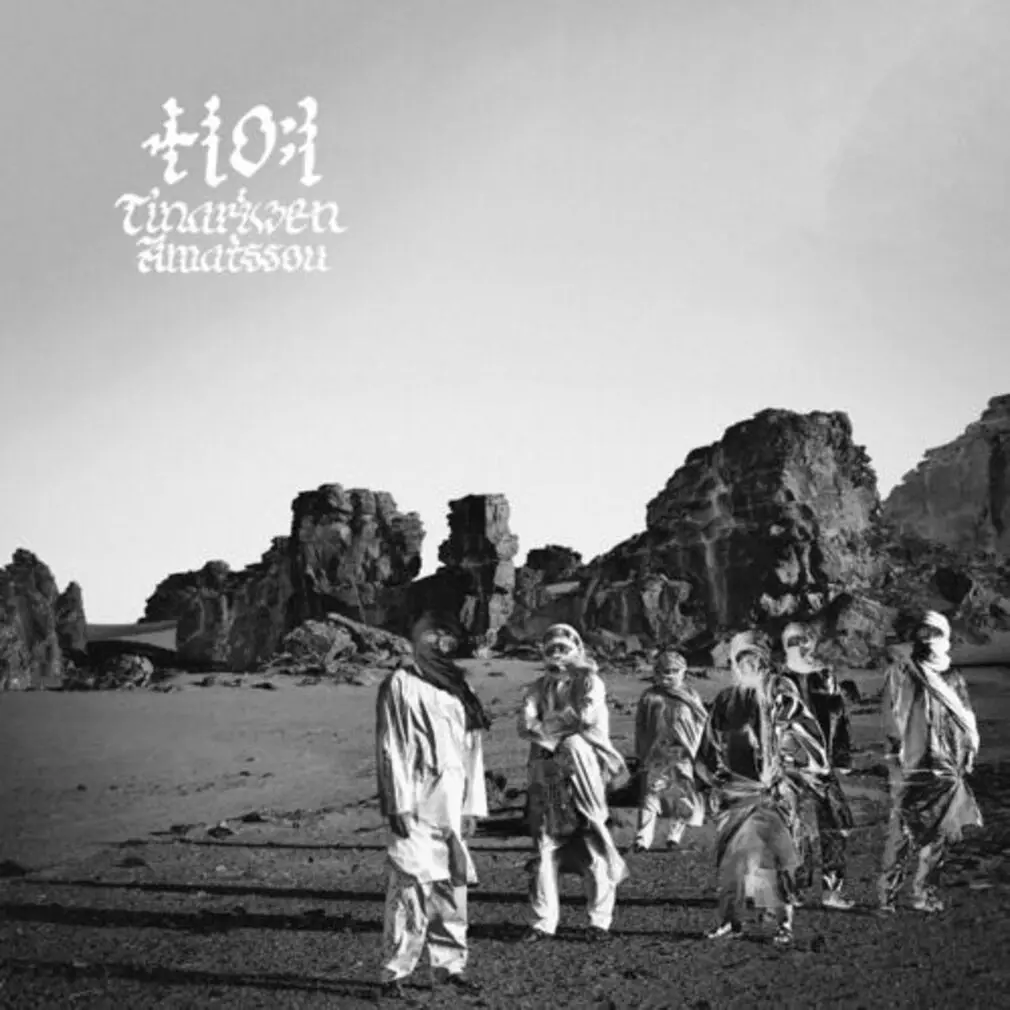
Amatsuso Available here.



